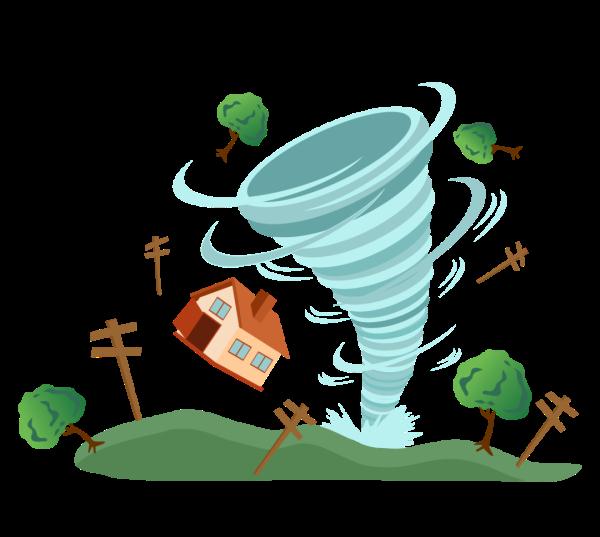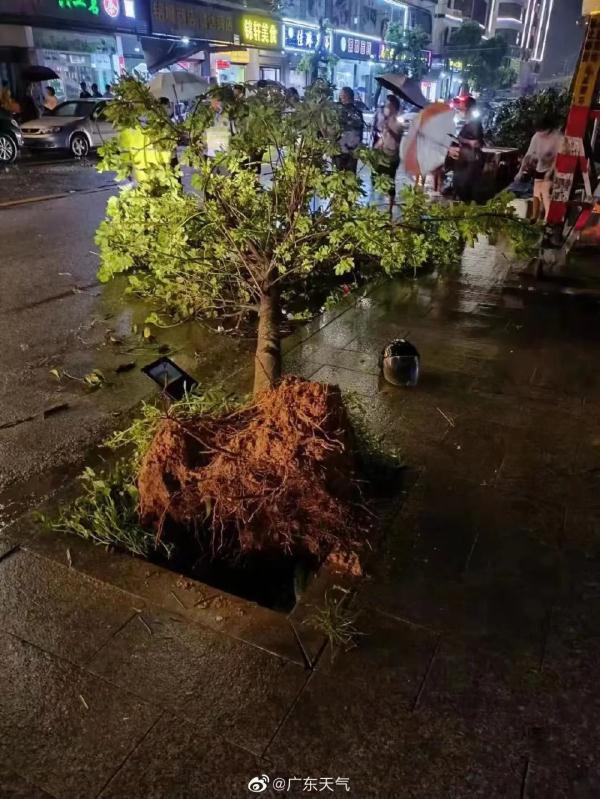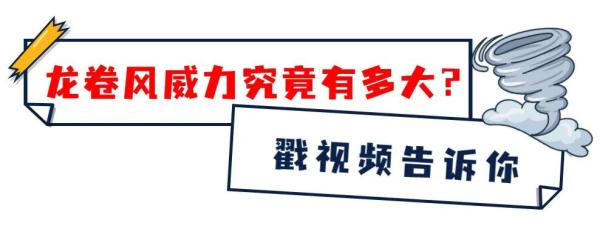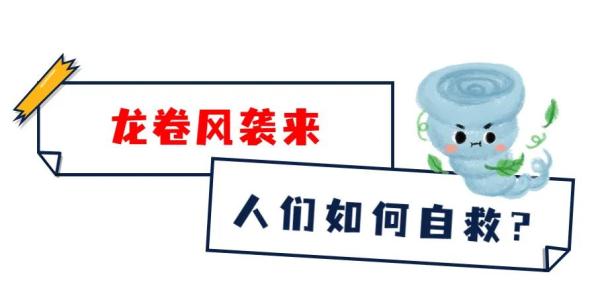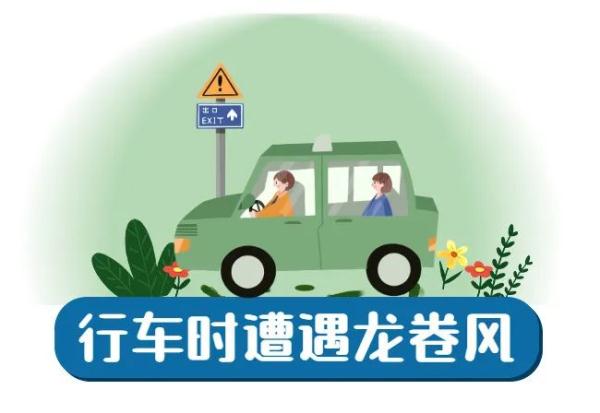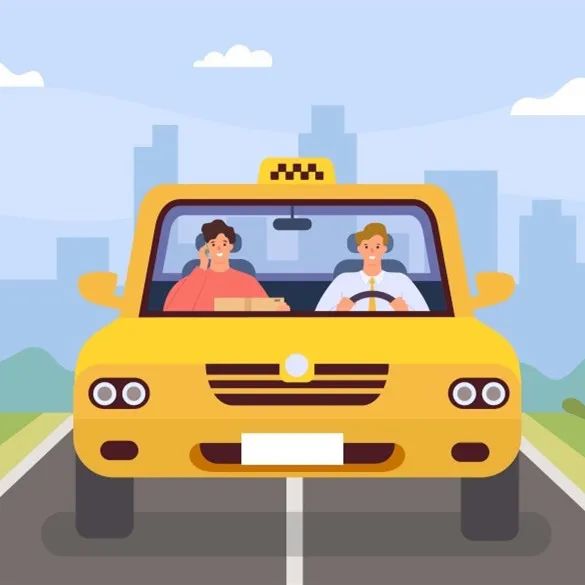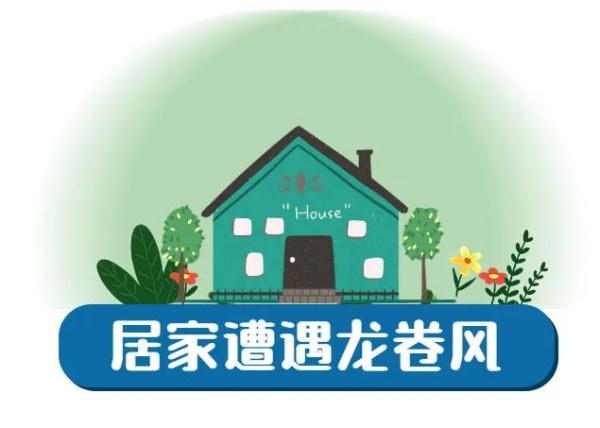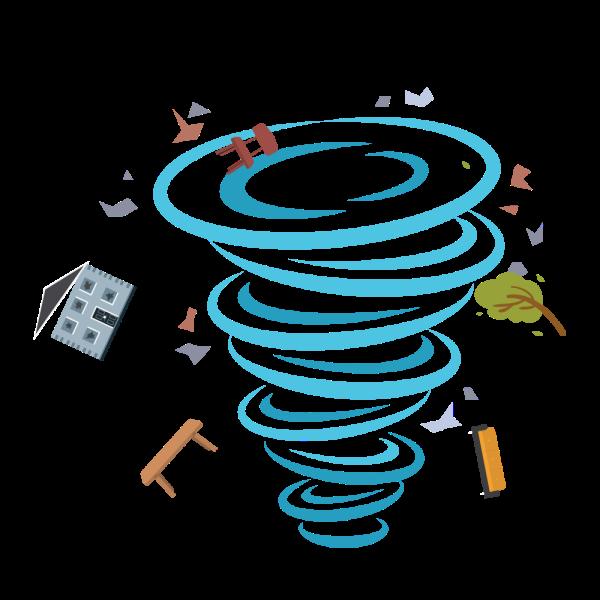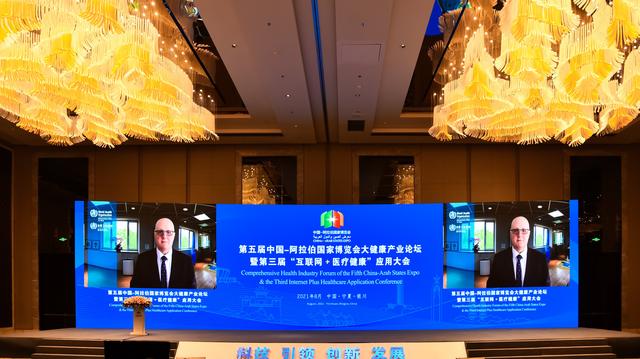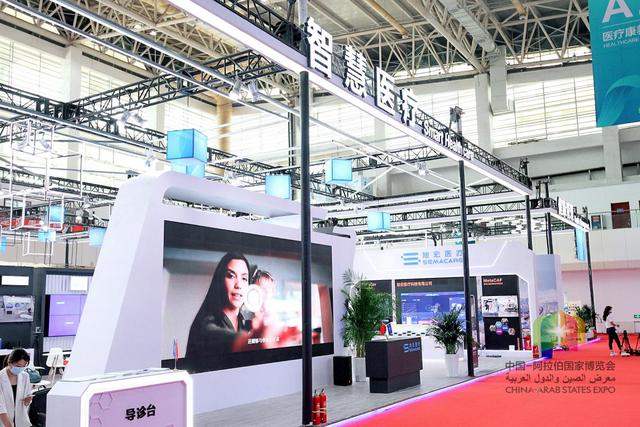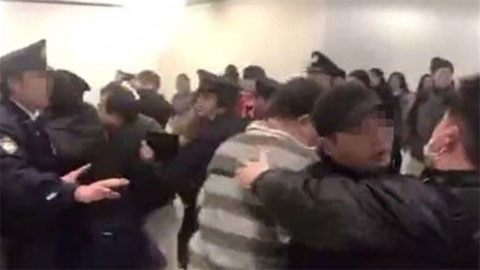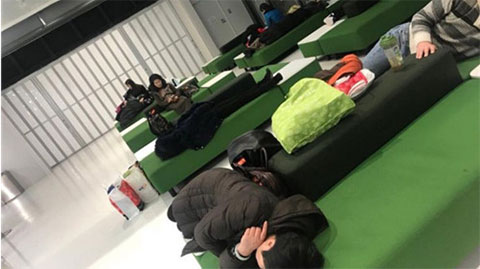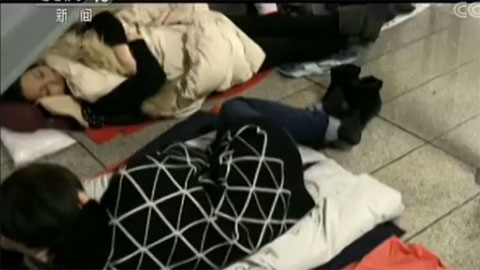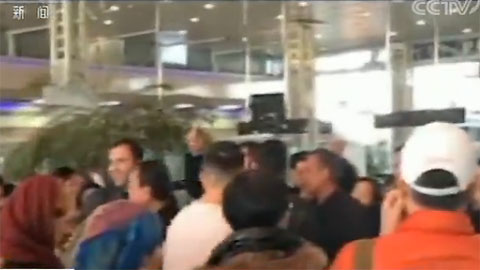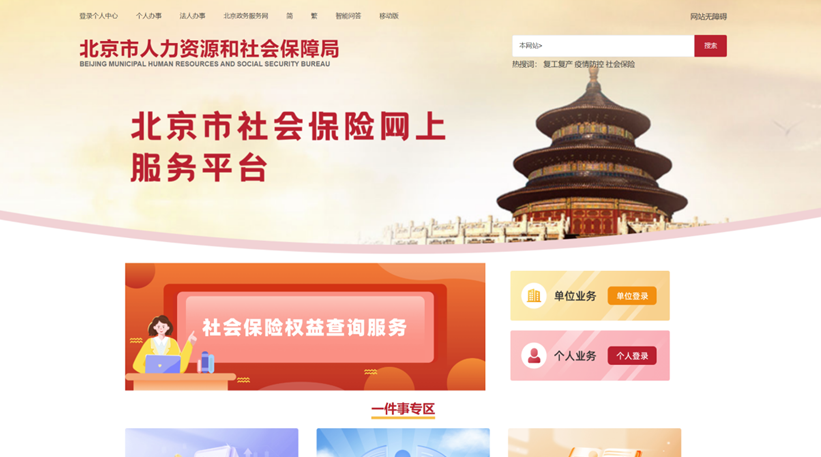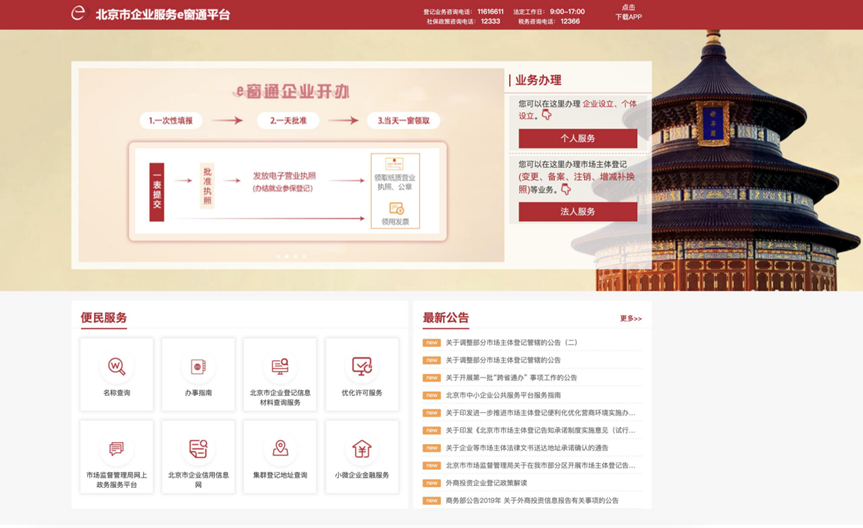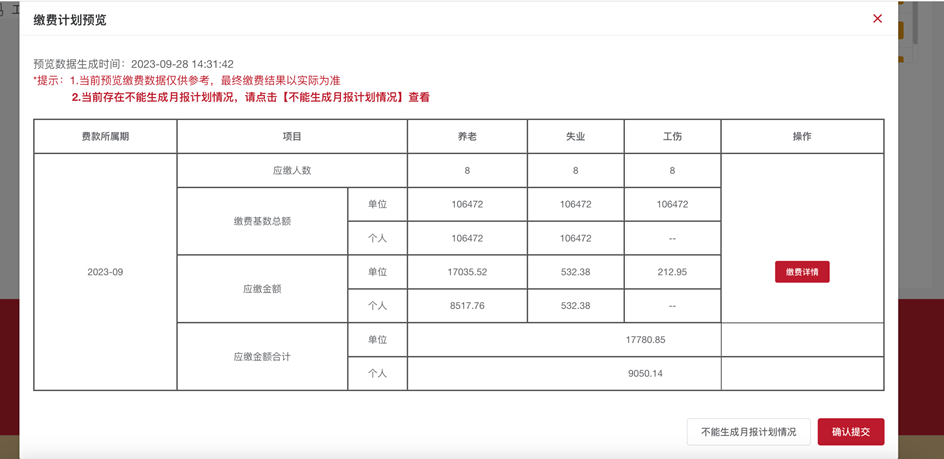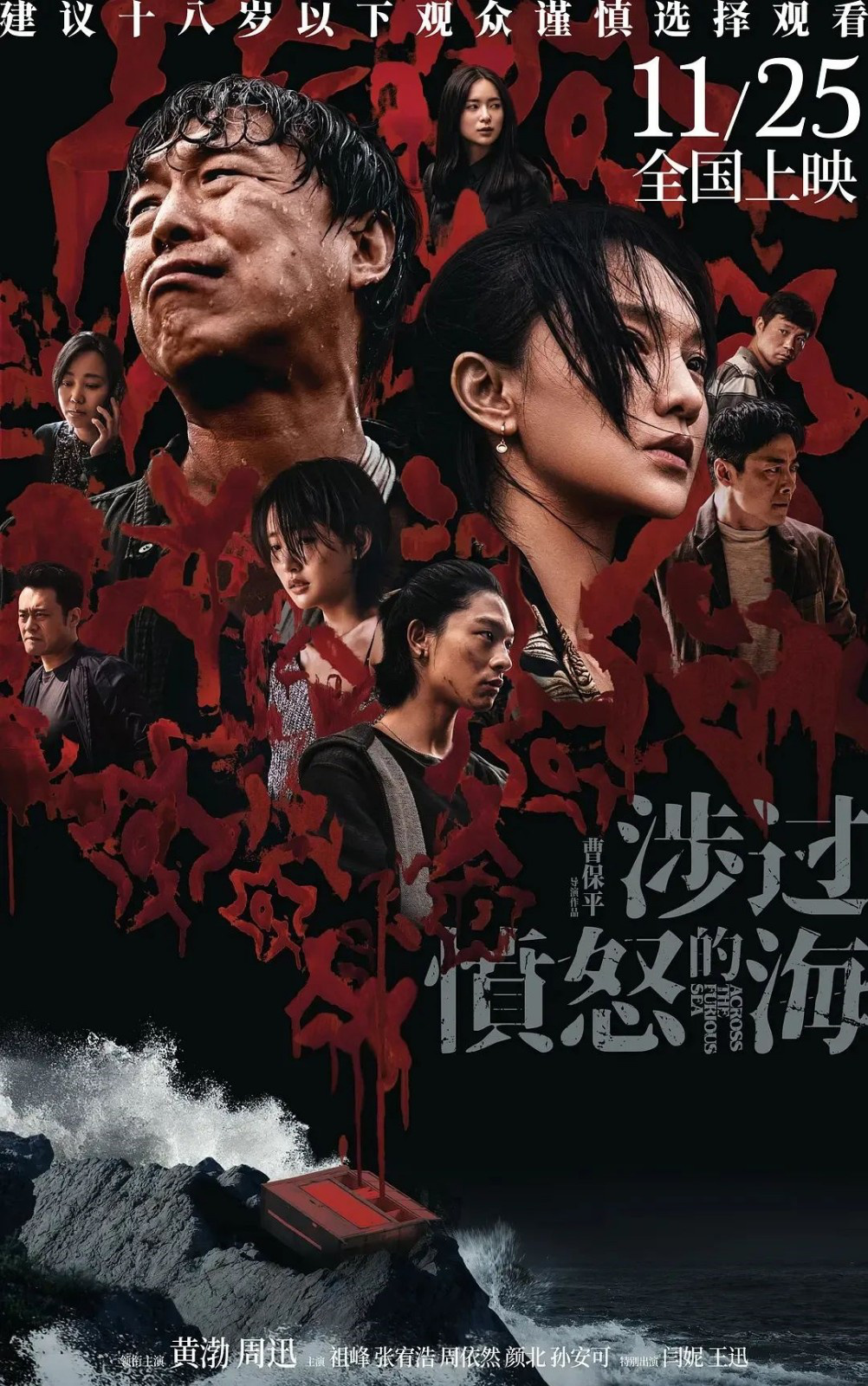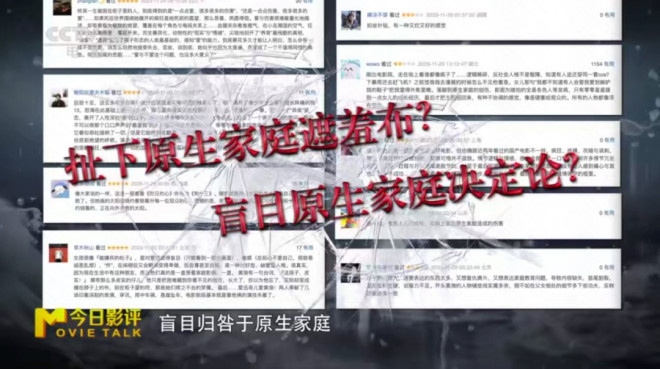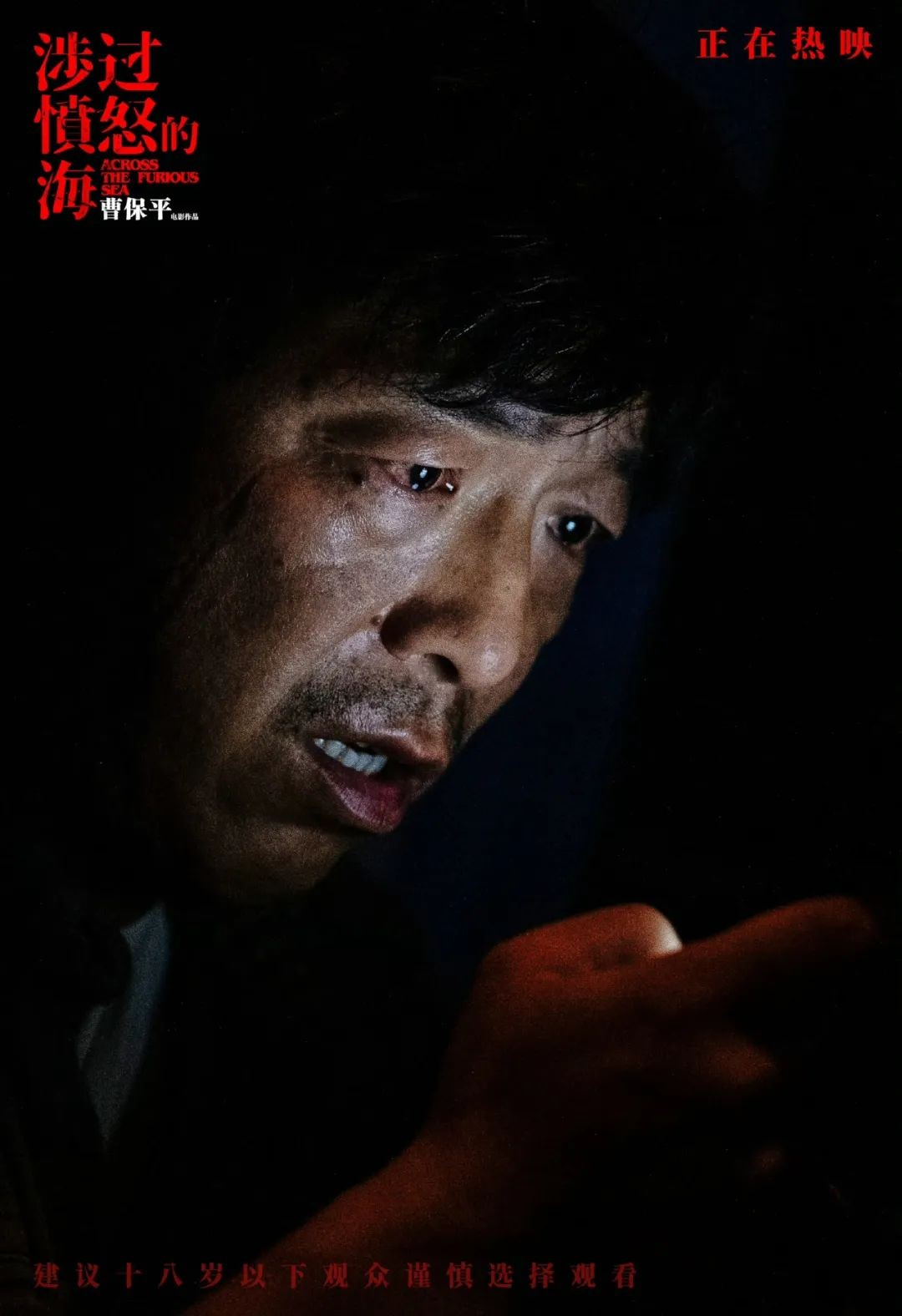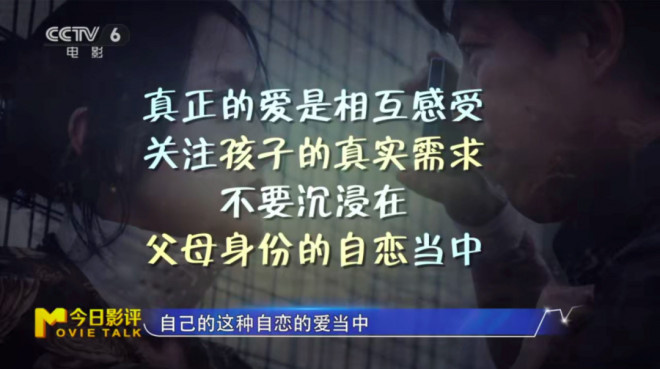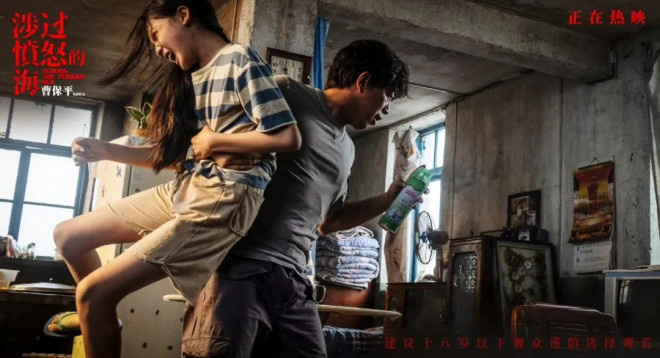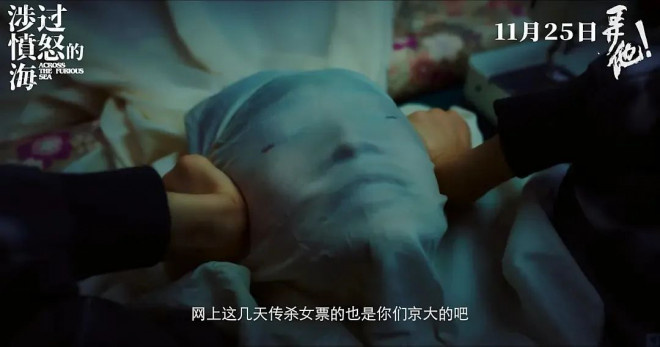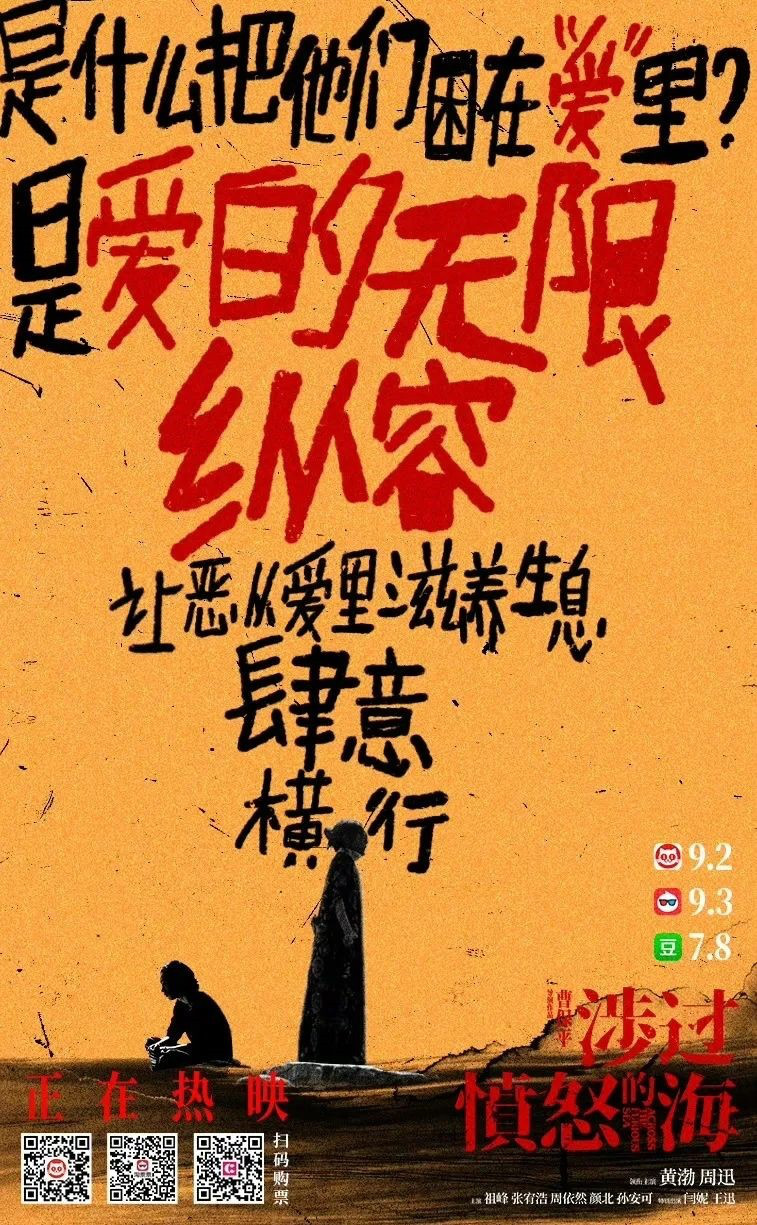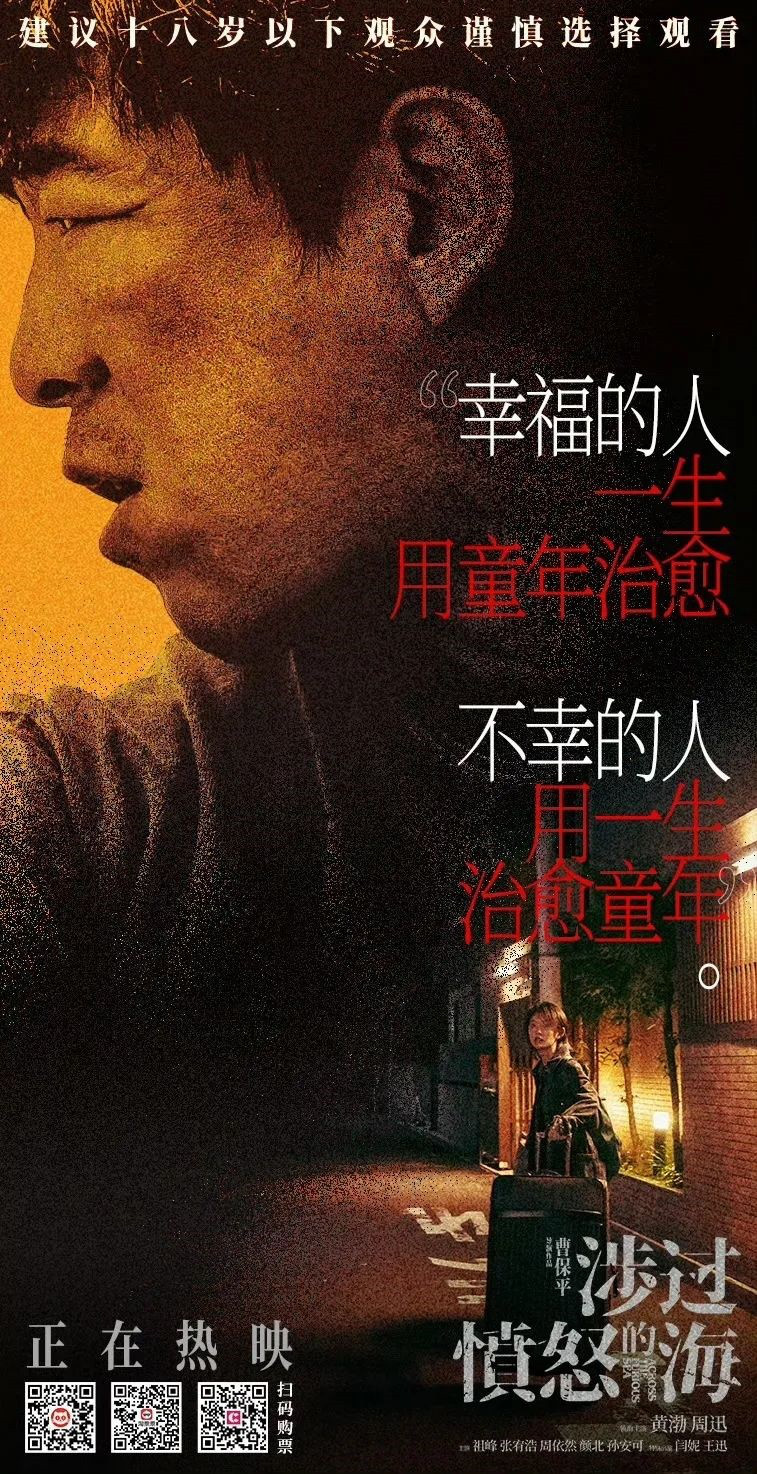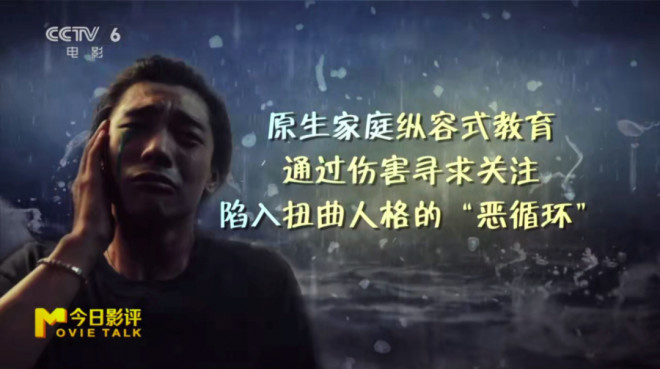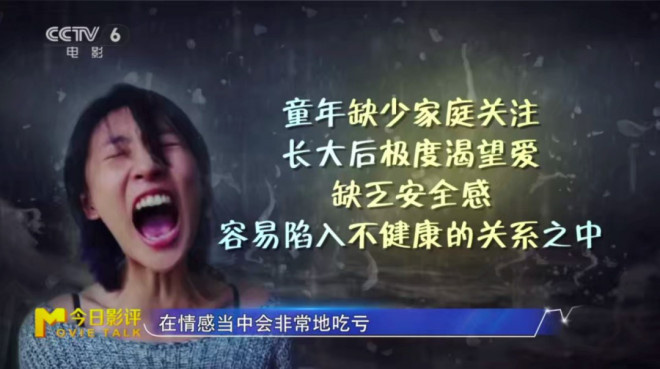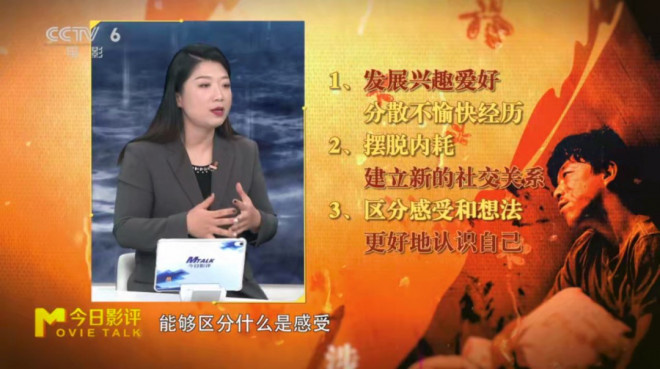The Party’s grass-roots organizations in the Party School of Nanchang Newly-built District Committee of the Communist Party of China are the fighting bastions to unite and lead the masses to implement the Party’s theory, line, principles and policies and to carry out the Party’s tasks. The style of grass-roots cadres is directly related to the relationship between the Party and the masses, affecting the image of the Party and the government in the eyes of the people and the implementation of the Party’s principles and policies. Since the 18th National Congress of the Communist Party of China, the discipline inspection and supervision organs at all levels have always insisted that the Party should be in charge of the Party and strictly manage the Party, and that "tigers" and "flies" should fight together, striving to create a better political ecology with a long-term and lasting high-pressure situation. At present, the number of "flies" is larger than that of "tigers", with stronger communication power and wider and deeper harm, which has aroused great concern of the party and the masses.
In order to further deepen the building of a clean and honest party style and the anti-corruption struggle, the Third Plenary Session of the 18th Central Commission for Discipline Inspection and the Fourth Plenary Session of the 18th CPC Central Committee successively put forward two formulations: "Don’t want to rot, can’t rot and dare to rot" and "Don’t dare to rot, can’t rot and don’t want to rot". On the one hand, the formulation and adjustment highlighted the important value of the "three noes" mechanism in the current anti-corruption struggle stage, on the other hand, it further explained the close relationship among the "three noes". From the perspective of effectiveness, the deterrent effect of "dare not rot" has initially appeared, but it is still a long way from the realization of "don’t want to rot" and "can’t rot". Grass-roots units are important battlefields in the anti-corruption struggle, and they have great responsibilities. This paper intends to sort out typical basic cases that have happened recently at grass-roots units, explore the characteristics and causes of corruption from the commonness of grass-roots units, and then explore how to build a long-term mechanism of "not daring to rot, not wanting to rot", which is also an important content that needs to be deeply considered in the current and future anti-corruption work.
First, the definition of grassroots cadres and the specific manifestations of corruption cases
(A) the definition of grassroots cadres.
The grassroots cadres studied in this paper mainly refer to the staff who hold public positions in township party and government organs, political organizations, rural mass autonomous organizations and basic party organizations, as well as other public power departments in township areas.
(2) The concrete manifestations of corruption cases of grassroots cadres at present.
In recent years, discipline inspection and supervision organs at all levels have carried out the work of building a clean and honest party style and anti-corruption in strict accordance with the relevant requirements and arrangements of the Central Committee and the Provincial Party Committee, and timely discovered, handled and disposed of a number of party member cadres’ disciplinary problems, among which there are not a few grassroots cadres. According to the facts of the case, it can be seen that the current grassroots party member cadres’ disciplinary cases mainly have the following specific manifestations:
1. No organization, no masses. Some cadres have no party in mind, no concept of organizational discipline, no masses in mind, do not take care of the overall situation in their work, are unfair on some key issues that the masses care about, and even breed corruption and obtain illegal benefits. For example, Wu Moumou, former deputy secretary of the Party branch of Wugang Village, Changdong Industrial Park, Qingshan Lake District, ignored the family planning policy, ignored the laws and regulations, illegally built a large area, ignored the party discipline and state law, bribed and corrupted many cadres, and there were serious violations of the law. At present, it has been transferred to the judicial organs for legal treatment. Another example is Shi Moumou, the former secretary of the Party branch of Chengnan Village, Qingyunpu Scenic Resort Town, qingyunpu district. Because of his own selfish desires, he turned the "Double Belt" project in Nanchang City, a livelihood project that benefits the people and the people, into a project against his will to win private interests. He wantonly occupied the village collective land and obtained high illegal income. After a court decision, he was sentenced to eight years in prison.
2. Arbitrary and arbitrary. Some grass-roots cadres are undemocratic in their work style, follow their own decisions, do not fully disclose their finances, and do not solicit public opinions in their decisions, which seriously violates the principle of democratic centralism. For example, Fu Moumou, the former secretary of the Party branch of Taihe Village, Hongdu Street, qingyunpu district, has long been the secretary of the village committee, and he basically has the final say on all matters in the village. The village committee has not formulated such systems as financial disclosure, "three-capital" management and villagers’ deliberation. Democracy is a mere verbal paper, willful and authoritarian, and it collects wealth with power, which is unfavorable in land acquisition, house demolition, construction of farmers’ apartments, land replacement and other issues, leading to a large loss of village collective assets, and more.
3. Abuse of power and private use of public funds. Some grass-roots cadres have made great profits in examining and reporting the homestead and resettling the landless people, and even embezzled collective property, embezzled and misappropriated public funds and distributed subsidies indiscriminately. For example, He Moumou, the former party branch secretary of Lubian Village, Wenzhen Town, Jinxian County, used his management position to lend the compensation for land acquisition of the village Committee to friends many times, with a cumulative amount of 8.5 million yuan. Although it was returned before the incident, it constituted a crime. After the court’s decision, he was sentenced to three years in prison and suspended for five years for embezzlement of public funds. In addition, Jin Moumou, the former accountant of Luopan Village Committee in Zhongling Township, Jinxian County, used his position to falsely report the rice planting area and defrauded the national subsidy fund of more than 100,000 yuan. After the court’s judgment, he was sentenced to 10 years and one month in prison for corruption.
4. Eat and get what you want, and search for people’s fat. The prosperity of the government is in line with the people’s wishes, but some grass-roots cadres, in the process of implementing national policies such as family planning, subsidies for benefiting farmers, civil assistance, etc., act recklessly and ask for benefits when cashing in rural preferential policies, and do things for the masses, which has a very bad influence. For example, Xu Moumou, the former deputy director of Beili Village, Aixihu Management Office, High-tech Zone, received 40,000 yuan in cash for others in assisting the management committee in the demolition and resettlement of rural houses. After the court’s judgment, he was sentenced to three years in prison and suspended for four years for accepting bribes.
Second, the main causes of grassroots corruption cases
At present, in the process of coordinating urban and rural social development, grassroots corruption cases have occurred frequently, involving a wider range, usually involving new village construction, old village reconstruction, land expropriation and circulation, compensation for demolition land, low-income assessment and many other matters. There are also many incentives for problems, mainly in the following aspects:
(A) low quality consciousness, poor education and learning effect.
From the analysis of the letters and visits received from grassroots cadres, most of them have low education level, weak service awareness and legal awareness, and serious greed and luck psychology. It is easy to obliterate the justice and conscience of rural society, damage the public interests of villagers and ignore moral demands such as ultimate concern in rural society where values are extremely materialized. The reason is, on the one hand, that the long-standing problems of buying and selling officials and promoting them in spite of illness have affected the quality of basic cadres, and most rural cadres are not of high quality because of geographical restrictions; On the other hand, there are still many weaknesses in the political education of rural grassroots cadres by the higher authorities, and the ideological and political education is not grasped. At present, there is no lack of "two skins" phenomenon in the education and training of grass-roots cadres, and there are relatively many empty spots. In addition, many cadres themselves lack a correct understanding of professional quality training and ideological and moral construction, resulting in the failure to effectively improve their quality and the collapse of the law and discipline defense line.
(B) the power of cadres is too concentrated, and financial management is relatively chaotic.
Power means management as well as resources. Excessive concentration of public power, once lack of effective supervision, will easily lead to official corruption. From the reported cases, it is not difficult to see that the grassroots cadres who commit crimes usually have the right to make decisions and control funds, and one or two people have the final say on big and small matters, which can easily lead to corruption. In addition, at present, the financial personnel of many rural village groups generally lack professional knowledge, and it is difficult to be competent in financial work. Some village accountants are even served by the cronies of the village party secretary or village director, resulting in the collusion of the village party secretary, village director and accountant. Rural finance lacks supervision, and village-level financial management teams and villagers’ supervision committees exist in name only, so it is impossible to conduct a truly effective audit of accounts. The financial system at village level is not perfect and the account management is not standardized, which not only gives the offenders an opportunity, but also makes it difficult for investigators to investigate after the incident.
(3) The people’s awareness of supervision is weak, and the right supervision is almost ineffective.
On the one hand, the grass-roots people are influenced by the old ideas, and their sense of supervision is weak. They dare not supervise the power behavior of those in charge of public power, and they are afraid of being retaliated after being learned. There are still quite a few people who simply don’t know how to exercise their supervisory rights reasonably because of their low education level. On the other hand, the more grassroots people are, the more obvious the characteristics of "acquaintance society" in the power ecology. Some people are influenced by human feelings and are unwilling to supervise. Many grass-roots cadres have more contacts with the grass-roots masses, and their human feelings, interests, family ties, and network of relationships are complicated. Because of the people’s feelings, their enthusiasm for supervision is not high. Moreover, grass-roots supervisory organs often feel embarrassed when exercising their supervisory duties, and often take evasive measures to deal with them. They think that if they work in the same area, they will not look up, and they will offend a group of people if they question a job. They are worried that criticizing other comrades is considered to be a bad relationship between comrades, afraid of being excluded, afraid that their work will not be supported, and even affect their promotion, thus relaxing their sense of supervision and preferring to be "good old people".
(D) The nature of the cadre system is special, and there are vacancies in supervision and supervision.
According to the current management mechanism in China, villages and towns are the most basic administrative institutions in China, and villagers’ self-governing committees belong to villagers’ self-governing organizations. For some non-party member village cadres, there are gaps and loopholes in the supervision within the system. Under such a background that power is easy to get out of control, village cadres, as groups with special interests, are bound to privatize public power collectively, creating a "psychological luck" space and room for their violation of discipline to some extent.
Third, the countermeasures to build a long-term mechanism of "not daring to rot, not wanting to rot" at the grassroots level
There are complex social reasons for the existence and emergence of corruption, so promoting the anti-corruption struggle is a long-term and complex systematic project. Only by timely and effectively adjusting the focus of work in combination with the anti-corruption struggle situation can we fight this battle well. At present, we should not only persist in "beating tigers" and "swatting flies" and safeguard the achievements of "not daring to rot", but also make more efforts in ideological construction, system construction and cultural construction, and make steady progress on the road of promoting the realization of cadres’ "not wanting to rot".
(1) Insist on severe punishment according to law and never relax, and build an environmental foundation of "not daring to rot".
Practice has proved that corrupt cadres are not born to want to take bribes and ignore the law and discipline. What really pushes them to commit crimes is their lucky psychology in a certain working environment and the bad mentality of "taking a hand is a hand". Therefore, the formation of a political mechanism and social atmosphere of "not daring to corrupt" requires us to continue to strengthen punishment and ensure that corruption will be punished. No matter the seriousness or the amount, evil will be eliminated and the responsibility will be investigated. We will not "ignore it" because of the small evil, "never do it again" because of the first offense, and "the law will not blame the public" because of the wide range, so that every cadre will "always think about the harm of greed." Of course, corruption, as a social phenomenon, may not be able to fundamentally solve the problem simply by relying on the severity of the crackdown.
(2) Adhere to the two-pronged approach of democratic supervision and build an "incorruptible" institutional foundation.
1. Decentralize individual power and implement collective decision-making. On the one hand, it is necessary to establish a power list and a responsibility list of grassroots cadres and make them known to the public, so as to clarify the power and authority enjoyed by each cadre, the subject of supervision, the subject of punishment and the subject of handling reports, and form a clear binding force on the exercise of power through the construction of a responsibility system, and severely deal with violations of powers according to laws and regulations. On the other hand, we should actively promote the establishment of township and village supervision committees and decentralize public power. Major decision-making issues involving key areas such as land, resources and collective engineering construction should be referred to the local supervision committee for collective study and decision. The supervision committee has the right to put forward constructive opinions on the problems arising in the operation, urge grassroots cadres to rectify and improve, and completely eliminate the phenomenon of "top leader" and "one person in charge".
2. Promote system improvement and pay close attention to system implementation. At present, governments at all levels have basically established a relatively complete discipline supervision and supervision system, which has provided a good guiding role for anti-corrosion and anti-corruption. However, some towns and villages are still lax in implementing the system construction and there are loopholes. Especially in rural collective "three-capital" management, collective engineering construction project management, village "two committees" cadres to participate in organizational activities and official activities reception, etc., we should establish rules and regulations and resolutely implement them. Comrade Supreme Leader pointed out that the system should not become a paper tiger or a scarecrow. Nowadays, we don’t lack system, discipline, strength and profound understanding of anti-corruption. What we lack is implementation, doing things according to the system, making the system detailed and practical, and letting the system manage people to control corruption. Everyone is equal before the system. If we use the system to manage people, affairs and money, and constantly standardize the performance of grassroots cadres, corruption will gradually disappear and power will operate in the sun.
3. Standardize the supervision mechanism and mobilize the masses to work together. Corruption of grassroots cadres is due to the absence of supervision to a certain extent. To strengthen supervision, we must start with standardizing the power operation mechanism of state public power and social governance power, mobilizing the initiative of grassroots people to supervise, and form a joint force to prevent and control village cadres’ corruption. On the one hand, the discipline inspection and supervision organs at higher levels should strengthen the supervision of the implementation of the discipline supervision system in villages and towns, sign the Commitment Letter of Integrity in Office with the corresponding subordinate village cadres, clarify "one post and two responsibilities", promptly urge and correct problems when found, adhere to "double investigation of one case", and investigate the specific responsibilities of relevant cadres. On the other hand, practice has proved that it is difficult to control corruption at the grassroots level only by the strength of discipline inspection and procuratorial organs. We must unite all forces, give full play to the role of villagers’ supervision, and take the road of joint prevention. Objectively speaking, the supervision of any power requires costs, and the supervision of village cadres by villagers also requires costs such as economy, human feelings and even personal safety. If the reward of supervision behavior is far lower than the cost it pays, it is impossible to achieve practical results. Therefore, while formulating the power supervision mechanism, we must take into account the safety protection measures for informants or supervisors, and suggest setting up special funds for farmers’ rights protection and supervision and supporting mechanisms to reward corresponding behaviors and compensate corresponding accidents.
4. Broaden the supervision channels and make good use of the network platform. In recent years, as a new anti-corruption model in the Internet information age, network anti-corruption has become an important channel for netizens to express their demands and an important force in anti-corruption construction with the growing wave of network supervision. In the process of building a long-term mechanism that does not dare to rot, does not want to rot, we should give full play to the power of network anti-corruption. It is necessary to increase investment in informatization construction and improve the overall level of grassroots e-government. Establish a perfect online government affairs disclosure mechanism, increase the transparency of government affairs websites, and provide enough space for the masses to reflect their demands and fully flow information. We will further promote online supervision and establish and improve the network reporting and acceptance mechanism. Explore the electronic monitoring system to the external network, enhance the openness of the system, and expand the participation of the masses. Realize cross-level and cross-departmental information exchange and sharing, establish a network reporting system platform, improve the system’s functions of rapid diversion, tracking and supervision, statistical analysis, and establish and improve the corresponding working system of each link.
(C) adhere to the ideological and cultural parallel, build a "don’t want to rot" self-discipline foundation.
To strengthen the ideological and moral construction of grassroots cadres, we should first focus on improving the basic quality of grassroots cadres. First, we should strictly control the employment of township cadres, and strictly select and employ them. Second, actively explore the introduction of a fair competition mechanism suitable for rural elections, crack down on bribery and canvassing according to law, and weaken the influence of family and clan forces on village cadre elections; The third is to implement more policies to benefit farmers and attract outflow talents to "return" to the countryside; The fourth is to improve the talent introduction policy of "university student village officials", import more village governance elites to the countryside, and cultivate reserve talents for the team of "village officials". Secondly, it is necessary to strengthen publicity and warning education, carry out in-depth education on the Party’s mass line, ideals and beliefs, socialist core values, policies and regulations, party discipline and rules, clean performance of duties and "three strictness and three realities", strengthen mutual learning, mutual help and mutual supervision among villages and towns, and form a relatively strong publicity and education atmosphere. We must resolutely convey the cases of violation of discipline around us in order to play a good warning role.
Promoting the construction of legal culture scientifically is the need of the development of the times. "Culture is the mother of the system", and a mature culture of the rule of law is the basis of citizens’ awareness of the rule of law, which is embodied in the fact that every citizen, including officials, can fully understand and understand the punishment that will be imposed on illegal acts, be in awe of the law, abide by the model, and consciously safeguard the dignity of the law. Guided by the value of pursuing equality and justice under the rule of law, citizens can actively supervise and expose violations of law and discipline for the sake of national interests and public interests, and consciously regard the supervision of party and government cadres as a due right.
To sum up, "dare not rot", "can’t rot" and "don’t want to rot" have deep internal relations and can’t exist in isolation. It is difficult for ideological education and cultural construction to eradicate the desire of corruption, and it needs institutional guarantee. It is also difficult for institutional construction to clear up the dead corner of corruption, which needs continuous improvement and even more inseparable from the deterrent of punishment. Only by adopting a three-pronged approach of "not daring to rot, not wanting to rot", complementing each other and establishing a long-term mechanism can we "put power in the cage of the system" and finally realize the specific requirements of "establishing a correct view of power, grasping and using power for the people" put forward by the Supreme Leader General Secretary. (Author: Party School of Xinjian District Committee, Nanchang City, CPC)
